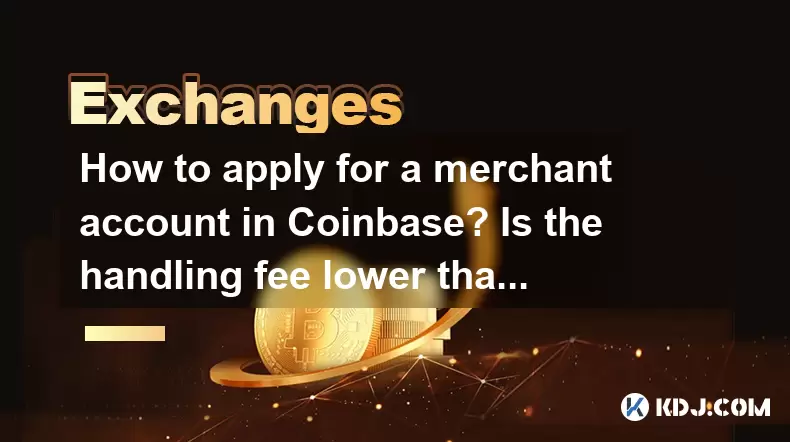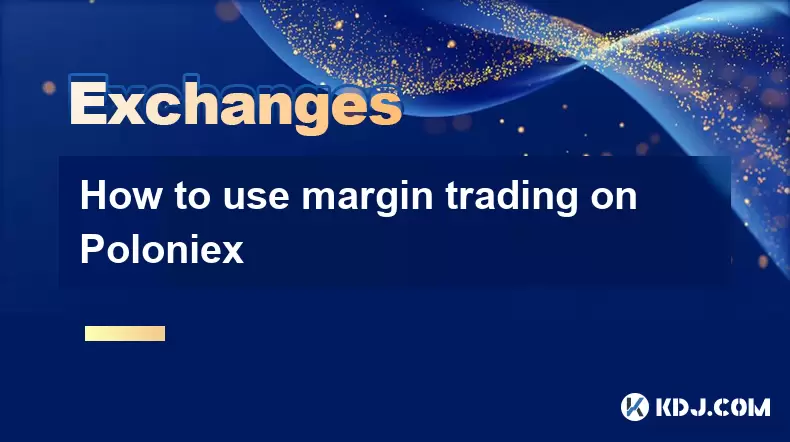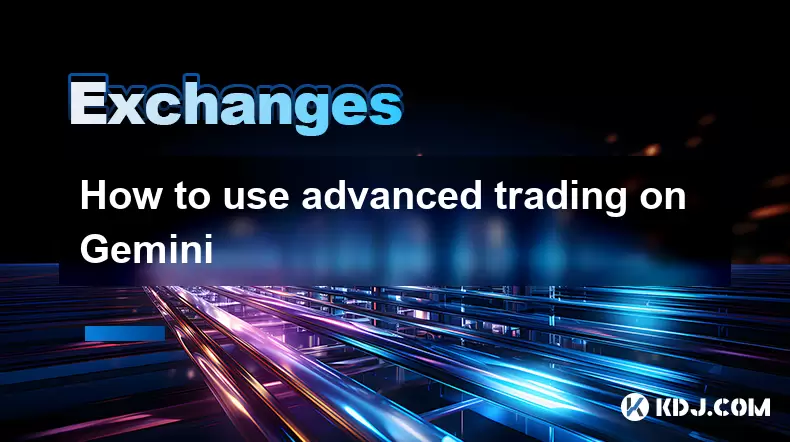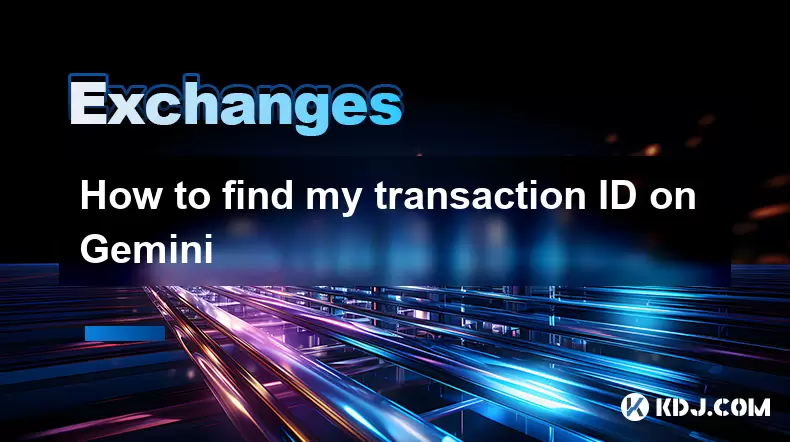-
 Bitcoin
Bitcoin $117500
2.15% -
 Ethereum
Ethereum $3911
6.19% -
 XRP
XRP $3.316
10.79% -
 Tether USDt
Tether USDt $1.000
0.01% -
 BNB
BNB $787.2
2.24% -
 Solana
Solana $175.2
4.15% -
 USDC
USDC $0.9999
0.00% -
 Dogecoin
Dogecoin $0.2225
8.40% -
 TRON
TRON $0.3383
0.28% -
 Cardano
Cardano $0.7868
6.02% -
 Stellar
Stellar $0.4382
9.34% -
 Hyperliquid
Hyperliquid $40.92
7.56% -
 Sui
Sui $3.764
7.63% -
 Chainlink
Chainlink $18.48
10.66% -
 Bitcoin Cash
Bitcoin Cash $582.1
1.88% -
 Hedera
Hedera $0.2601
6.30% -
 Avalanche
Avalanche $23.33
4.94% -
 Ethena USDe
Ethena USDe $1.001
0.02% -
 Litecoin
Litecoin $122.3
2.04% -
 UNUS SED LEO
UNUS SED LEO $8.969
-0.27% -
 Toncoin
Toncoin $3.339
0.86% -
 Shiba Inu
Shiba Inu $0.00001287
4.30% -
 Uniswap
Uniswap $10.43
7.38% -
 Polkadot
Polkadot $3.861
5.08% -
 Dai
Dai $1.000
0.02% -
 Bitget Token
Bitget Token $4.513
3.41% -
 Monero
Monero $267.7
-6.18% -
 Cronos
Cronos $0.1499
4.14% -
 Pepe
Pepe $0.00001110
5.15% -
 Aave
Aave $284.9
8.28%
How to apply for a merchant account in Coinbase? Is the handling fee lower than that of a personal account?
Applying for a Coinbase merchant account is easy and beneficial for businesses wanting to accept crypto payments, with typically lower fees than personal accounts.
May 17, 2025 at 11:07 am

Applying for a merchant account with Coinbase is a straightforward process that can significantly benefit businesses looking to accept cryptocurrency payments. In this guide, we will walk you through the steps to apply for a Coinbase merchant account and discuss whether the handling fees are lower compared to a personal account.
Understanding Coinbase Merchant Accounts
Coinbase offers merchant accounts specifically designed for businesses that want to accept cryptocurrency as a form of payment. These accounts provide a seamless way for businesses to integrate cryptocurrency payments into their existing systems, offering customers more payment options.
Eligibility and Requirements
To apply for a Coinbase merchant account, businesses must meet certain eligibility criteria. Firstly, the business must be registered and operate in a jurisdiction supported by Coinbase. Additionally, the business should have a valid business license and be able to provide documentation to prove its legitimacy.
Application Process
The application process for a Coinbase merchant account involves several steps. Here is a detailed guide on how to apply:
- Visit the Coinbase Website: Navigate to the Coinbase website and go to the section for business accounts.
- Select 'Get Started': Click on the 'Get Started' button to begin the application process.
- Enter Business Information: Fill out the form with your business details, including the name, address, and contact information.
- Upload Required Documents: You will need to upload documents such as your business license, a government-issued ID for the business owner, and proof of address.
- Complete KYC and AML Checks: Coinbase will perform Know Your Customer (KYC) and Anti-Money Laundering (AML) checks to verify your business.
- Review and Submit: Review all the information you have entered and submit your application.
Approval and Integration
Once your application is submitted, Coinbase will review it. The approval process can take anywhere from a few days to a few weeks, depending on the completeness of your application and the volume of applications they are processing.
Upon approval, you will receive instructions on how to integrate Coinbase into your business's payment system. This usually involves setting up an API or using Coinbase Commerce, which allows for easy integration with popular e-commerce platforms.
Handling Fees: Merchant Account vs. Personal Account
One of the primary considerations for businesses is the handling fee associated with transactions. Coinbase merchant accounts typically have different fee structures compared to personal accounts.
- Personal Accounts: For personal accounts, Coinbase charges a fee that can range from 0.5% to 4.5% depending on the payment method and the amount being transferred. For example, bank transfers usually incur a lower fee, while credit/debit card purchases have a higher fee.
- Merchant Accounts: For merchant accounts, the fee structure is more tailored to business needs. Typically, Coinbase charges a fee of around 1% for transactions processed through Coinbase Commerce. However, this can vary based on the volume of transactions and the specific agreement with Coinbase.
In general, merchant accounts tend to have lower handling fees compared to personal accounts, especially for high-volume transactions. This is because Coinbase offers volume-based discounts to businesses that process a large number of transactions.
Benefits of a Coinbase Merchant Account
There are several benefits to using a Coinbase merchant account for your business:
- Lower Fees: As mentioned, merchant accounts often come with lower transaction fees, which can save your business money over time.
- Integration with E-commerce Platforms: Coinbase Commerce can easily integrate with popular e-commerce platforms like Shopify, WooCommerce, and Magento, making it easier for your business to accept cryptocurrency payments.
- Increased Customer Base: By accepting cryptocurrency, you can attract a new segment of customers who prefer to use digital currencies for their transactions.
- Quick Settlement: Cryptocurrency transactions are typically settled faster than traditional bank transfers, which can improve your business's cash flow.
Managing Your Coinbase Merchant Account
Once your merchant account is set up, you will need to manage it effectively to ensure smooth operations. Here are some tips for managing your Coinbase merchant account:
- Monitor Transactions: Regularly check your transaction history to ensure all payments are processed correctly.
- Set Up Notifications: Enable notifications for new transactions, so you are always aware of incoming payments.
- Reconcile Accounts: Regularly reconcile your Coinbase account with your business's accounting system to ensure accuracy.
- Customer Support: Make sure your customers know how to reach you for any issues related to cryptocurrency payments.
Frequently Asked Questions
Q: Can I convert cryptocurrency payments to fiat currency automatically with a Coinbase merchant account?
A: Yes, Coinbase offers the option to automatically convert cryptocurrency payments to fiat currency. This can be set up in your account settings, allowing you to receive payments in your preferred currency without manual intervention.
Q: Are there any additional fees for converting cryptocurrency to fiat currency?
A: Yes, there may be additional fees for converting cryptocurrency to fiat currency. These fees are typically around 0.5% to 1% of the transaction amount, depending on the specific currency pair and the volume of transactions.
Q: Can I use a Coinbase merchant account to accept payments in multiple cryptocurrencies?
A: Yes, Coinbase merchant accounts support multiple cryptocurrencies, including Bitcoin, Ethereum, and Litecoin. You can choose which cryptocurrencies you want to accept and set up your account accordingly.
Q: How can I ensure the security of my Coinbase merchant account?
A: To ensure the security of your Coinbase merchant account, use strong, unique passwords, enable two-factor authentication (2FA), and regularly monitor your account for any suspicious activity. Additionally, keep your business's API keys secure and limit access to authorized personnel only.
Disclaimer:info@kdj.com
The information provided is not trading advice. kdj.com does not assume any responsibility for any investments made based on the information provided in this article. Cryptocurrencies are highly volatile and it is highly recommended that you invest with caution after thorough research!
If you believe that the content used on this website infringes your copyright, please contact us immediately (info@kdj.com) and we will delete it promptly.
- Stablecoins, Hong Kong, and On-Chain Finance: Navigating the Regulatory Maze
- 2025-08-08 12:30:12
- Tron's Sell-Off Spurs Altcoin Shift: What's Next for TRX?
- 2025-08-08 08:30:12
- Euler, DeFi, and Coinbase: A New York Minute on the Latest Buzz
- 2025-08-08 12:30:12
- RUVI Presale: Is the Growth Potential Real?
- 2025-08-08 09:10:12
- Sleep Token's US Takeover: Thornhill Rides the 'Even In Arcadia' Wave
- 2025-08-08 08:30:12
- FTT Token's Wild Ride: Creditor Repayments vs. Market Drop - A New Yorker's Take
- 2025-08-08 07:10:12
Related knowledge

How to use margin trading on Poloniex
Aug 08,2025 at 09:50am
Understanding Margin Trading on Poloniex

How to use advanced trading on Gemini
Aug 08,2025 at 04:07am
Understanding Advanced Trading on GeminiAdvanced trading on Gemini refers to a suite of tools and order types designed for experienced traders who wan...

How to deposit USD on Bitstamp
Aug 07,2025 at 05:18pm
Understanding Bitstamp and USD DepositsBitstamp is one of the longest-standing cryptocurrency exchanges in the industry, offering users the ability to...

How to use the Kraken Pro interface
Aug 08,2025 at 09:57am
Understanding the Kraken Pro Interface LayoutThe Kraken Pro interface is designed for both novice and experienced traders seeking a streamlined experi...

How to find my transaction ID on Gemini
Aug 08,2025 at 12:50am
Understanding the Transaction ID in Cryptocurrency ExchangesA transaction ID (TXID) is a unique alphanumeric string that identifies a specific transfe...

How to calculate crypto taxes from Binance
Aug 08,2025 at 07:56am
Understanding Cryptocurrency Taxation on BinanceCalculating crypto taxes from Binance requires a clear understanding of how tax authorities classify d...

How to use margin trading on Poloniex
Aug 08,2025 at 09:50am
Understanding Margin Trading on Poloniex

How to use advanced trading on Gemini
Aug 08,2025 at 04:07am
Understanding Advanced Trading on GeminiAdvanced trading on Gemini refers to a suite of tools and order types designed for experienced traders who wan...

How to deposit USD on Bitstamp
Aug 07,2025 at 05:18pm
Understanding Bitstamp and USD DepositsBitstamp is one of the longest-standing cryptocurrency exchanges in the industry, offering users the ability to...

How to use the Kraken Pro interface
Aug 08,2025 at 09:57am
Understanding the Kraken Pro Interface LayoutThe Kraken Pro interface is designed for both novice and experienced traders seeking a streamlined experi...

How to find my transaction ID on Gemini
Aug 08,2025 at 12:50am
Understanding the Transaction ID in Cryptocurrency ExchangesA transaction ID (TXID) is a unique alphanumeric string that identifies a specific transfe...

How to calculate crypto taxes from Binance
Aug 08,2025 at 07:56am
Understanding Cryptocurrency Taxation on BinanceCalculating crypto taxes from Binance requires a clear understanding of how tax authorities classify d...
See all articles

























































































